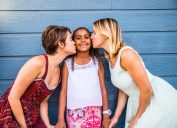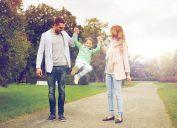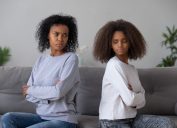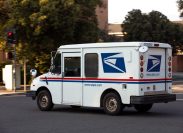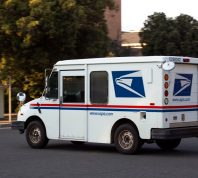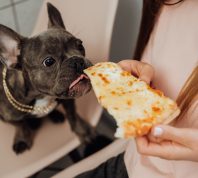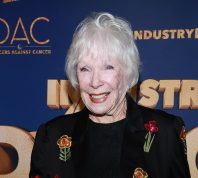10 Things You'll Only Understand if You Were Adopted
From lack of resemblances to relating to Annie, here are the 10 things most adoptees can relate to.
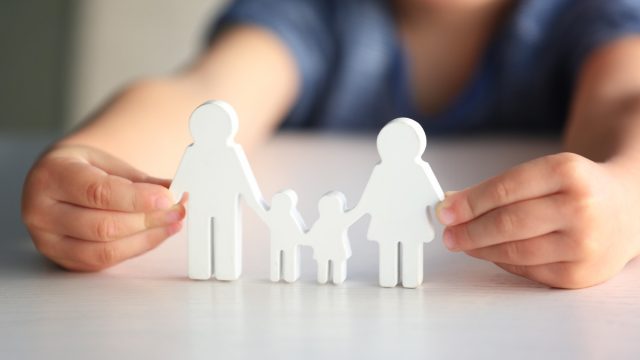
My motto is always, "Ask me anything, I'll tell you"—anything, except for the fact that I'm adopted. It's not that I'm hiding it, it's just that that statement comes with a lot of questions, like "Did you ever meet your real parents?" or, the most cringeworthy of all, "What if you date your brother without knowing it?" Some of the questions I don't want to answer and when it comes to others, I don't have the answers.
The truth is, I know hardly anything about the adoption. I know I spent the first six months of my life with a foster family in Yonkers, New York, before my parents adopted me. I know my birth parents were young and not married. I know my mother was a "teacher." And the most shocking thing I know is that I had another name at birth, Kathleen. (My mother didn't share that bit of information until I was in my 40s after my dad died.)
When I was a kid, I suspected something was odd, but I didn't learn I was adopted until I was 12. Adoption, in my family, was a big secret—and that isn't unique. Despite the fact that there are about 1.5 million adopted children in the United States, according to the non-profit group Adoption Network, the adoption process is still shrouded in a blanket of secrecy.
While there are now options for open adoptions where birth families and adopted families share information and pictures, the reality is that most adoptions are sterile affairs handled in courtrooms where the documents are sealed for all eternity.
So I understand why people are naturally curious when I say I'm adopted. And I know that all of their questions and comments (like "I knew you were adopted—you don't look like your mom") come from a place of genuine caring and curiosity. I share what I can, but as adoptees, there are some things we wish outsiders understood or were more sensitive to. And in the interest of sharing—and in honor of National Adoption Month—here are the 10 things most adoptees can relate to.
1
Looking at your family and not seeing your own face in any of them.
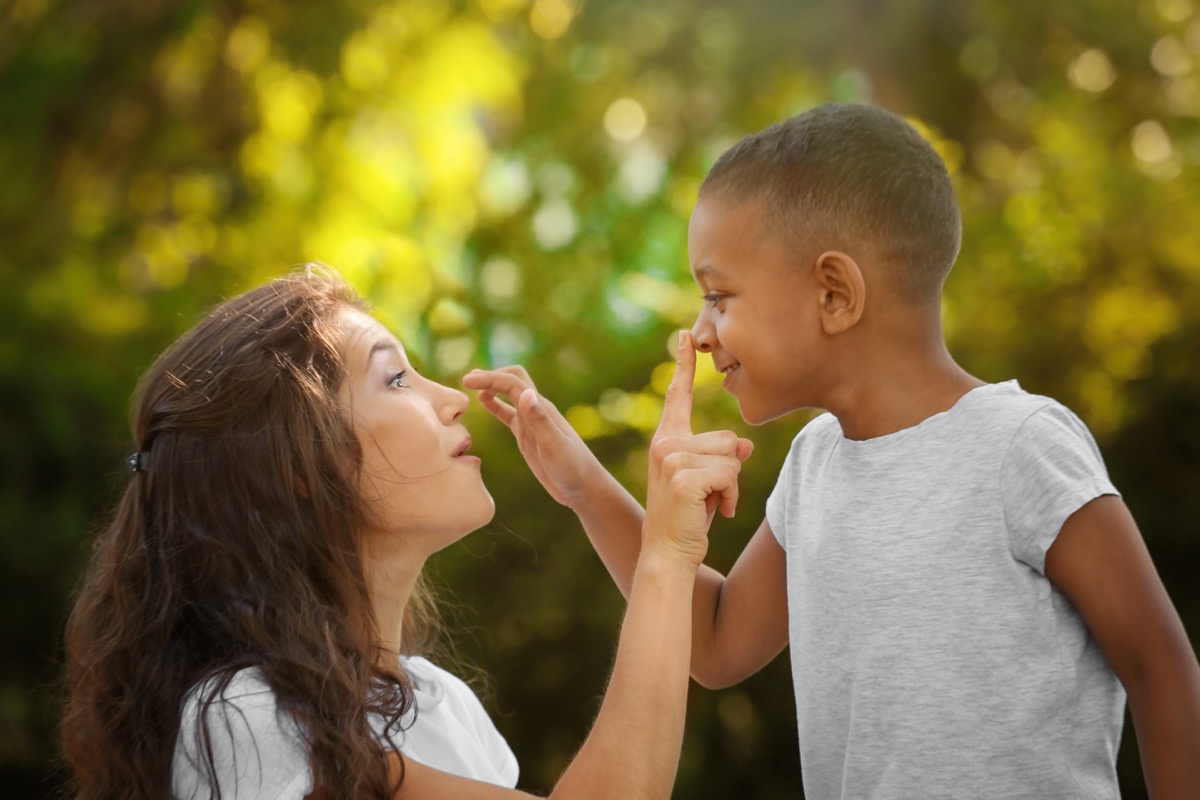
Do you remember looking at a family scrapbook and marveling that you had your great grandmother's nose? How about when you were a kid and you heard people say that your dad looked exactly like you when he was your age? Growing up, my father's side of the family all had piercing eyes that were as blue as a twilight sky and silky blonde hair. My mother's had straight jet black hair and chiseled features. With my curly reddish brown hair, green eyes, and a stub of a nose, I resembled no one.
It was a complete mystery to me why I didn't look even remotely like anyone growing up. I would try to search family photos for an ear, an eyebrow, anything that looked like mine. One day, I found a picture of an aunt who passed away before I was born. There she was—my Aunt Frida—looking at me from decades past, sporting curly brown hair. Finally, a family member who looked like me! I pointed it out to my grandmother who promptly told me that I would have loved Frida, who spent all her money on shoes, clothes, and… trips to the salon for perms.
2
Wondering if you have a brother, a twin, a sister, but not actually wanting to know sometimes.
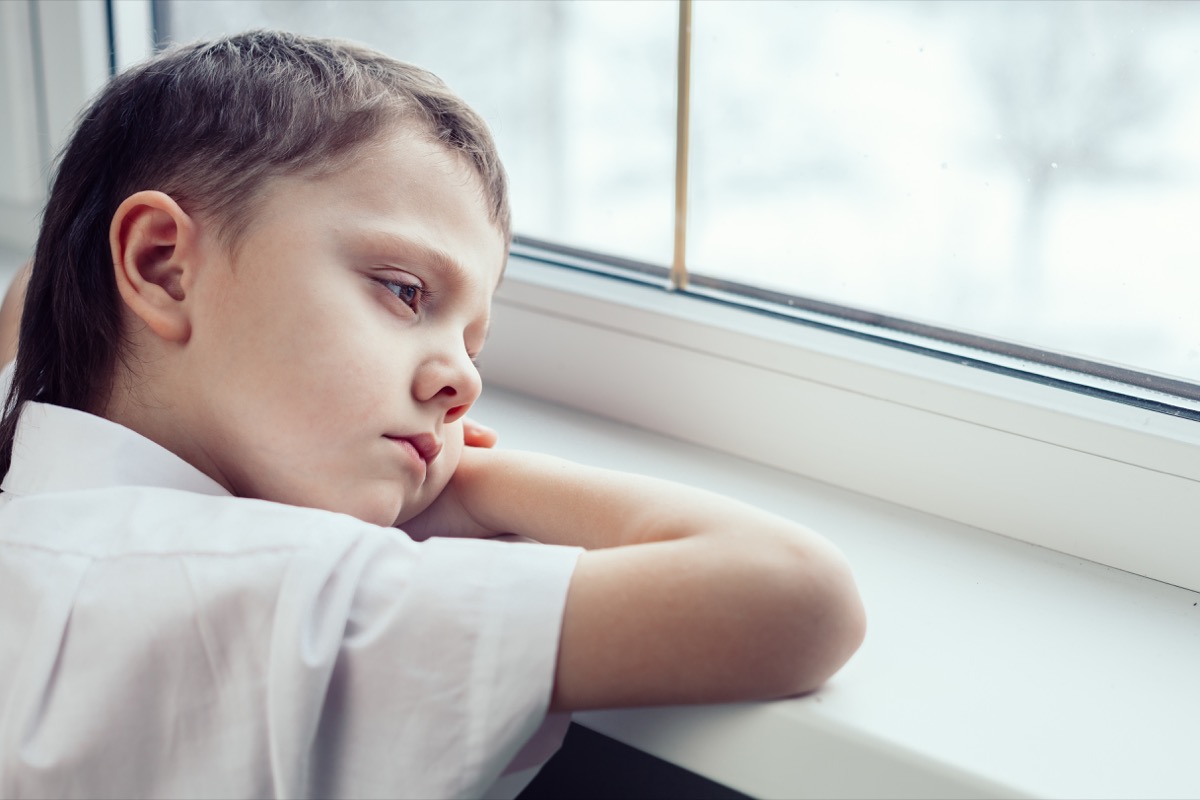
Years ago, when I started a new job, a colleague took one look at me and said, "Ha! I know your sister!" Since I don't have any siblings, I said that he must be mistaken. He replied, "You must be adopted then, because I know someone that's your exact twin." He explained that she was a friendly salesperson at a store he went to often and that if I wanted to see for myself, he'd take me there. I never followed through—maybe I was afraid to find out that I did have a twin that worked just a mile away from me.
When you're adopted, you always wonder if there's someone out there who shares your eyes. And does that person also love to run marathons and collect tiki mugs? The documentary Three Identical Strangers explored the story of three brothers, adopted into different families, all of whom looked alike and shared the same mannerisms after meeting as adults. Their story, which focused on the same adoption agency that I was placed through, brought to life the very real possibility that I could have siblings somewhere. And that shop clerk could have been one of them, but I didn't say yes to the possibility of finding out.
3
Identifying with the Broadway show Annie.
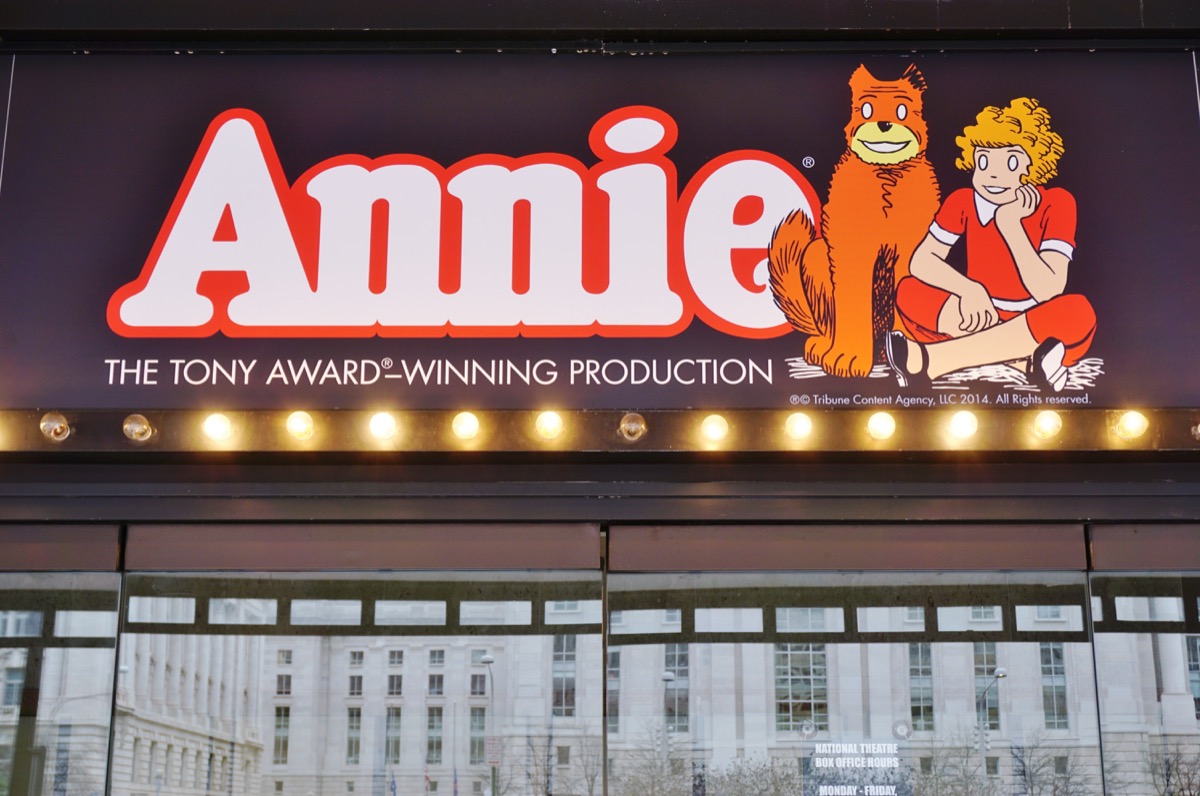
TV and movies have not always been kind to adoptees and orphans, from depicting them as pickpockets in Oliver to an oversized man-child who works for Santa (Elf). We're also not all adorable and plucky, like the orphans at Miss Hannigan's in Annie. However, there is something relatable about how Annie wonders what her birth parents might be like. In the song "Maybe," the little red-headed orphan muses, "Betcha they're good. Why shouldn't they be? Their one mistake was giving up me." Chills every time.
4
Trying to figure out why you were rejected all those years ago.
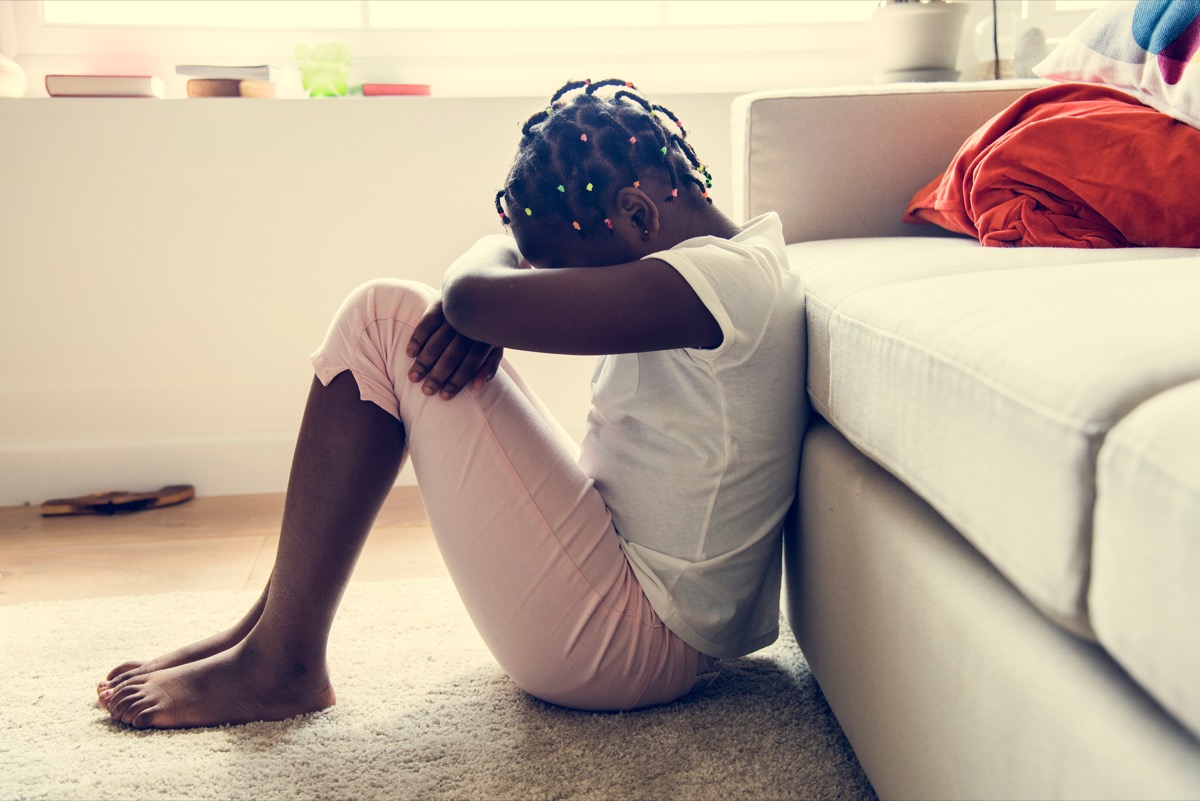
Placing a child for adoption has to be one of the most gut-wrenching decisions a parent can make. It takes incredible strength for a woman who's carried a child for nine months to then place that baby in someone else's arms, possibly just hours after giving birth. To know deep down that your baby has a better chance in this world with someone else is utterly selfless and comes from a place of love.
Still, though, there are moments when, as an adopted child, you wonder why you were rejected by your first family. Sometimes, even though your brain knows it could never be your fault, for one second you blame yourself. As a baby, did I cry too much? Was I a burden? Sure, it's illogical, but sometimes the heart doesn't see logic.
5
Fantasizing about who your birth parents were (and hoping they were famous).
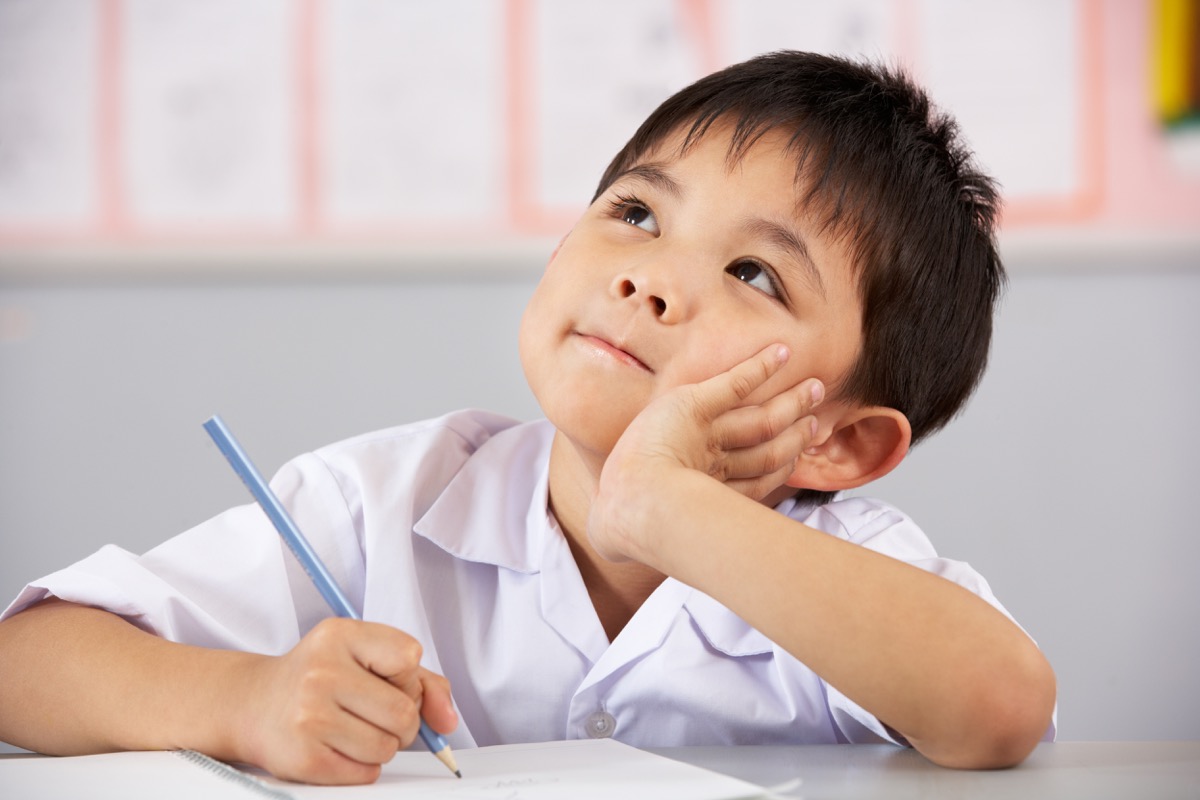
When I was a little girl, I discovered The Beatles from my older cousin's record collection. I found a few pictures of a young John Lennon and became obsessed with the fact that he could be my father. Maybe he was recording in New York City and met a young school teacher at a lunch counter and had a fling? For a solid year, I was convinced that my writing and my wit were surely passed down from my secret dad, John Lennon.
The best part of being adopted is that you can absolutely write your own beginnings. Secret prince? Sure! The child of a small town girl who became a leading lady? Why not? It's one of those "make your own adventure" books—and you get to be the star.
6
Not knowing what to check off on medical forms when it comes to your family history.
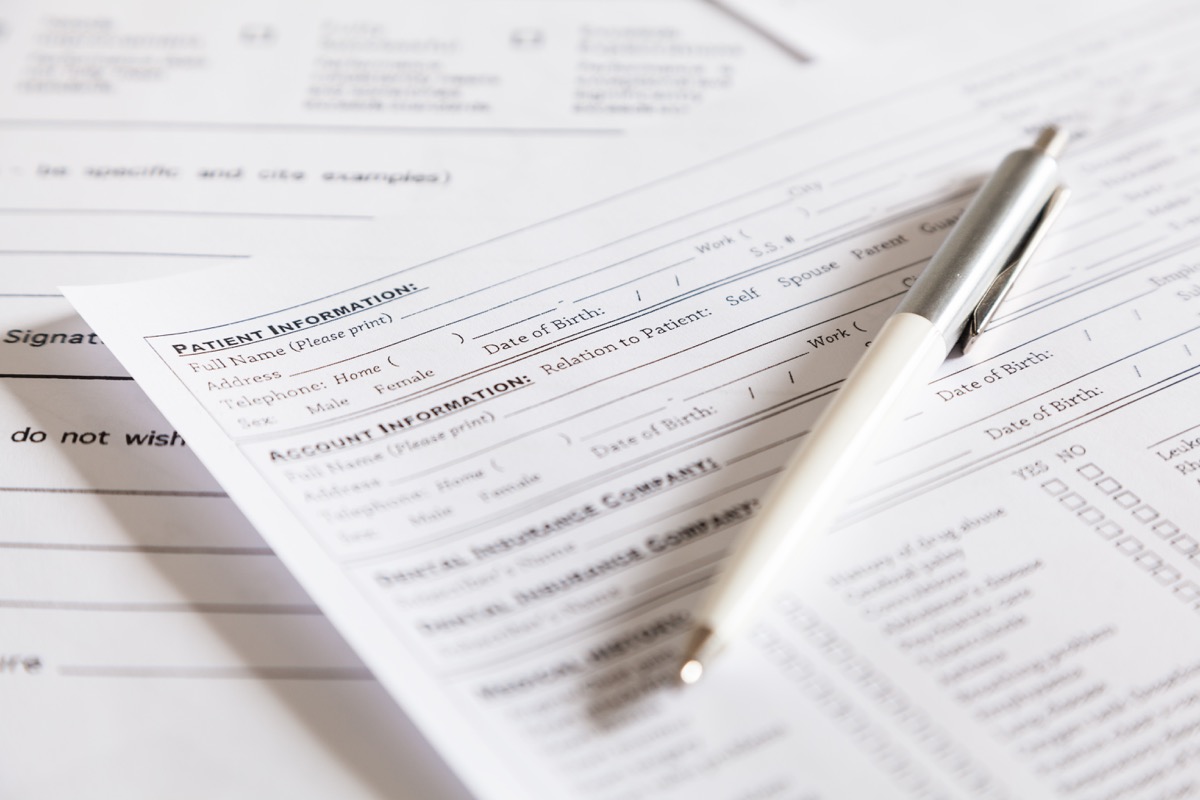
We've all gone to the doctor and been given a clipboard filled with forms to fill out. A common one consists of little boxes and a laundry list of possible illnesses and diseases that run in your family. As an adoptee, I know that my adopted family has a history of heart disease, but that doesn't help me. Do I check all the boxes, assuming that I'm at risk for everything? Or do I check none? I've asked my doctors, and they don't have a cut and dried answer. Some adoptions do give the adopted family a medical record, and some don't. And while genetic testing can help answer some questions, for adoptees, those clipboards hold a world of mystery.
7
Not having pictures of your earliest days.
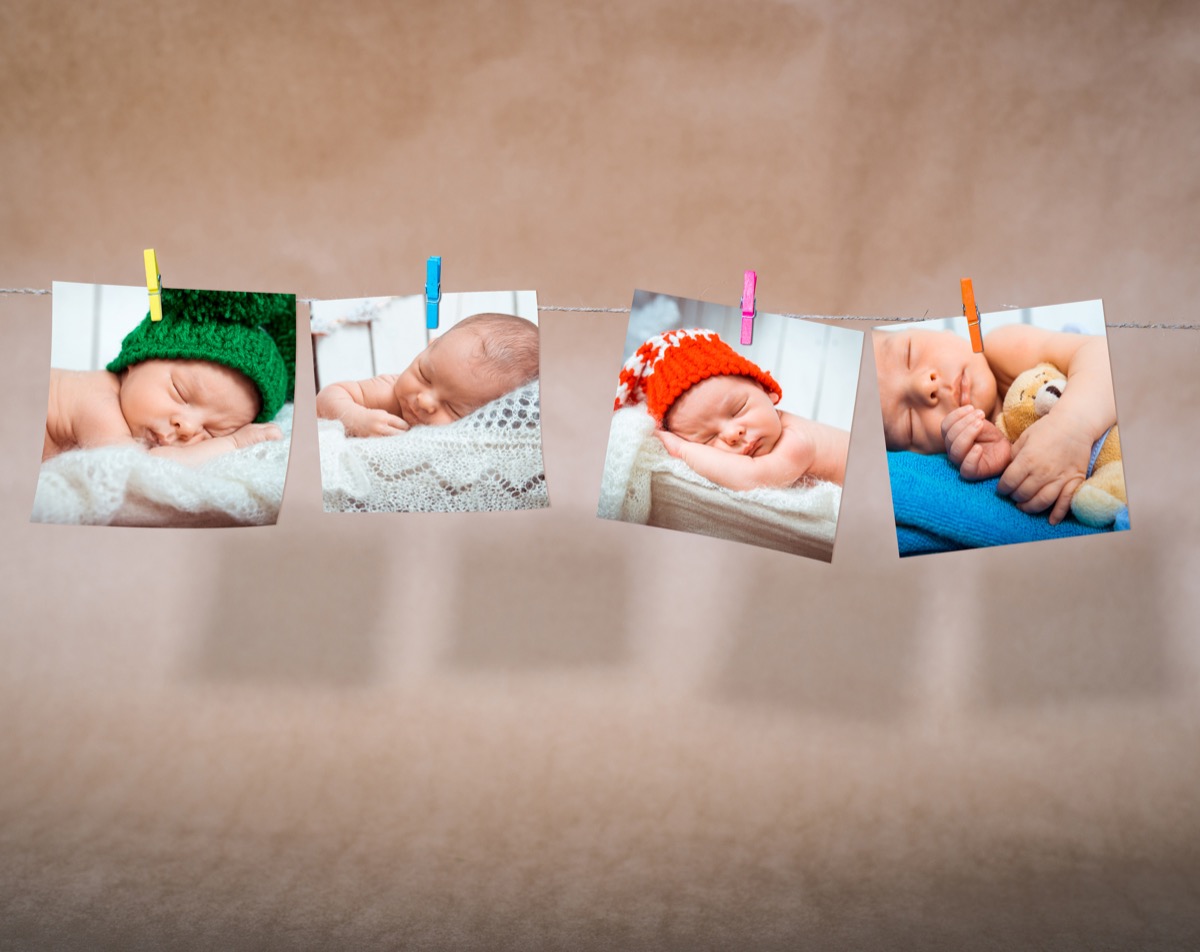
You know all those baby bump photos that everyone posts on Instagram? And those pictures of tiny newborns with scrunched up faces wearing little caps? When you're adopted, you have none of those. My pictures start at about six months old, along with a birth announcement that had two dates on it: my birth date and the date I was brought home.
Of course, that also means you can have two celebrations—with cake—every year. Take that, birth kids!
8
Having to field questions—even as an adult—about your "real" parents.
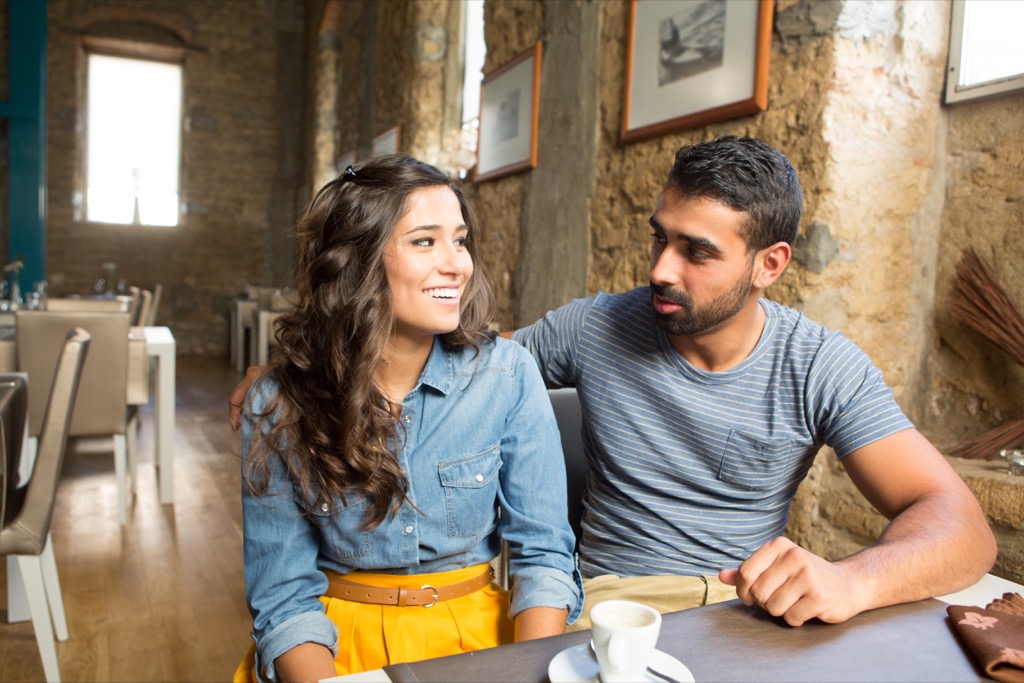
When I tell people that I'm adopted, I generally get a "that's cool" response first. Then, there's the follow-up question: "So do you know who your real parents are?" The answer isn't simple. In most cases, adoptions are legal transactions that involve a court-mandated sealing of records to protect the confidentiality of the birth family. The laws vary from state to state, but as of today, only nine states (Alabama, Alaska, Colorado, Hawaii, Kansas, Maine, New Hampshire, Rhode Island, and Oregon) have unsealed adoption records, according to Pew Charitable Trusts. That means that adoptees born in other states would have to hire an attorney and petition a judge to grant access to their own records. It's a costly undertaking that doesn't always lead to success.
9
Filling out adoption parent-child finder registries for someone who matches your birth date, gender, birth place.

There are many online registries where adoptees, birth parents, and relatives can go to seek out their families. Birth parents, for example, would post that they are looking for a baby girl born on December 21, 1975 at Mt. Sinai Hospital in New York City in the hopes that that baby—now grown—is also looking on the registry. It varies from state to state, but New York has an official registry where if both parties have registered, the state will share information. It's a bit of a needle in a haystack situation and it only works if both parties agree.
10
Realizing that the family you make can be just as wonderful as the family you were born into.
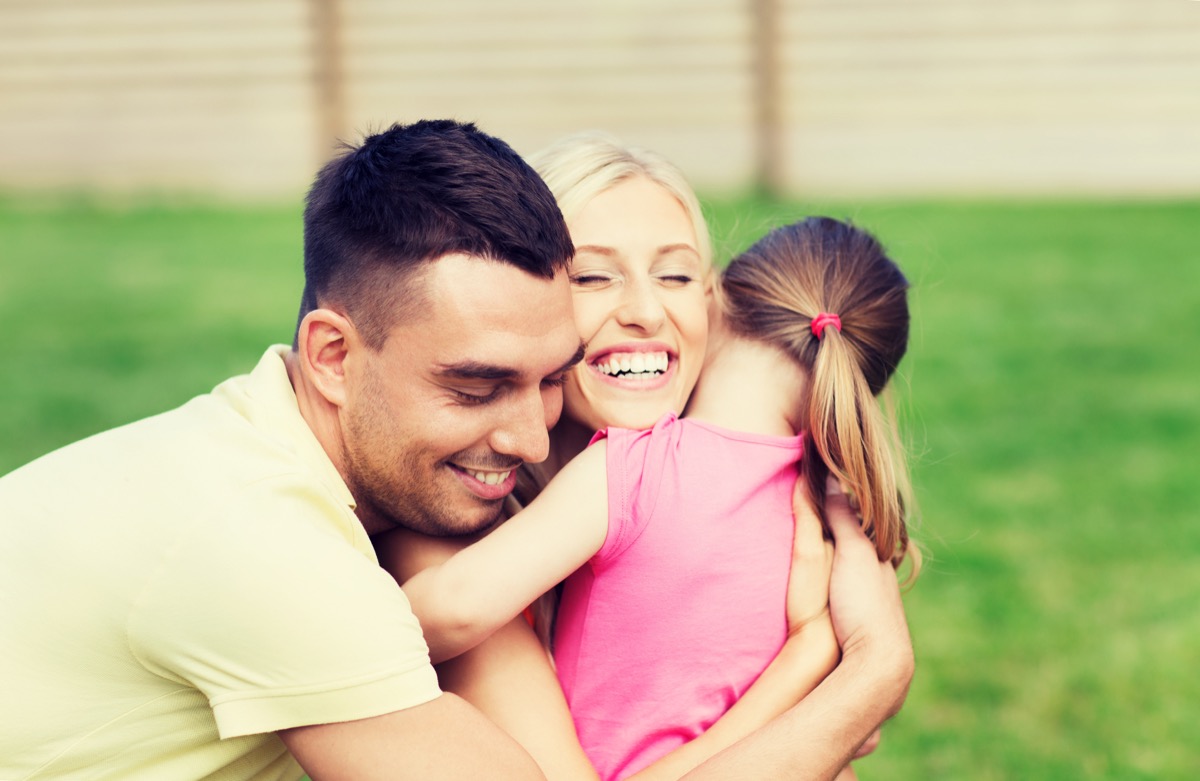
There's an old adage that adopted children are special because they were wanted. And that's true. My mother had about a dozen miscarriages before seeking adoption. This was before in vitro and surrogacy were viable options. To finance the adoption—which ran about $10,000 decades ago—they borrowed money from relatives and still had to file for bankruptcy a year later when the legal fees proved too much of a burden.
My parents wanted me and loved me and protected me as fiercely as any parents have ever loved and protected their child. My "real" family is the one I was adopted into. Sure, I don't share the DNA of these people, but what does that mean? If I wasn't adopted into this family, I never would have had my grandfather take me on my first roller coaster ride. I never would have gotten my deep love of reading and writing from my grandmother. And I never would have gone to Ellis Island to look up my great-grandfather who, at 31, brought his young family to New York from Poland to start a new life. In a way, my story is similar to his—I too, took a journey to start a new life. And it's turned out to be an amazing adventure.
